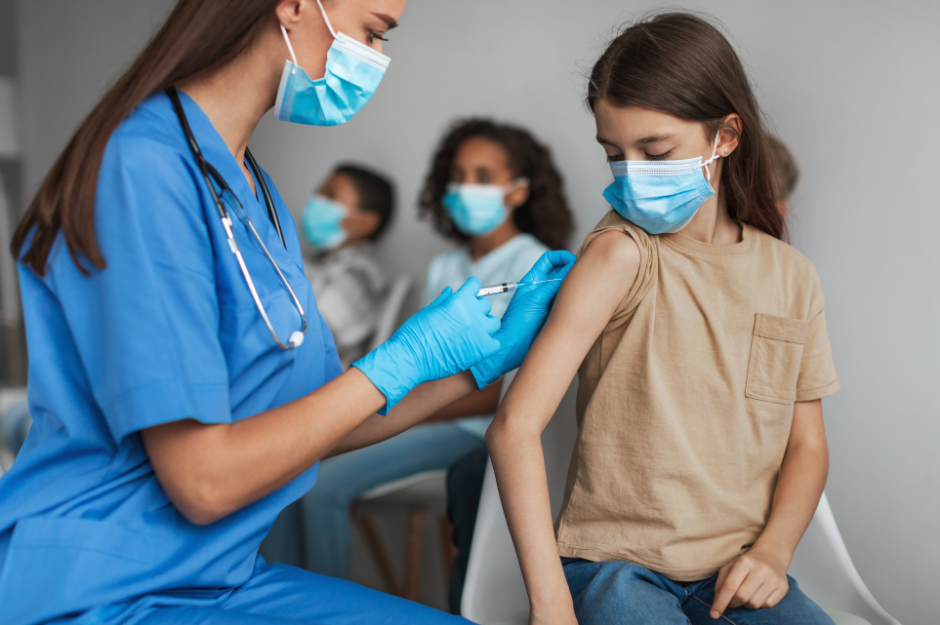A series of acute atypical respiratory diseases occurred via a zoonotic source from the seafood market of the city of Wuhan in Hubei province, China, in December 2019. This was transmittable between humans and led to a worldwide pandemic due to the rapid spread from Wuhan to other areas in 2019, coronavirus disease 19 or COVID-19. Life after the pandemic is still a subject of great aspiration, speculation, and alterations. It greatly impacted education, economy, business, health, and social interactions. Life was highly disturbed due to the COVID-19 pandemic, which affected millions of people and made survival difficult. Highly developed vaccines are available now, and some are free, especially for children.
Significance of Mask
People still need to wear masks, especially in crowded places, to avoid any germ transmission from one person to another, as the virus doesn’t go away but stays in the body even after getting immunized against it. In addition, if there are still chances of any variants, we must wear masks as a preventive measure because masks are still helpful as they prevent viral transmission. They impact the explosive formation of gas and outrush of respiratory pathogens. Also, masks can block the swift, unsettled jets produced due to cough or make it much less harmful to control airborne infections. The material matter from which masks have been made can filter viral particles such as droplets or aerosols. The best masks are those certified by CDC and FDA. And now, after COVID-19, wearing masks in public is a common and regular practice.
Need for Distance Maintenance
Maintaining distance is crucial in hospitals and crowded areas. This has become a deep-seated concept in social norms. However, distance and physical separation are not highly needed due to advancements in vaccination. But from seriously infected persons, we still need to maintain a distance from such patients to avoid the further spread of disease and prevent another pandemic.
Importance of Vaccination
Vaccination after COVID-19 was required, especially for those who have COVID-19; they are prone to its new variant and still can spread the disease. However, vaccinations had side effects seen among people, so take those with significant approval. Proper care and treatment for those admitted to hospitals are required until now. Even if they feel good, they still need to visit hospitals regularly. Vaccination is part of prevention if they have any symptoms of that variant.
Quarantine Significance
People still need to be quarantined, especially those who once got the virus. Their immunity is weak, and they are still prone to the viruses and their variants. To prevent the transmission of the sick to others, the one in close contact with such a person must be isolated. Protocols of quarantine aid in reducing the disruptions and facilitate the life to get back to normal.
Impact on education and economy
Economic and educational loss has increased and affected many developed and specifically developing countries with rural and underdeveloped areas. Learning institutes have implanted safety rules and measures to maintain a distance; wearing a mask is still used in highly affected countries. Advancement in education occurred as remote learning is in demand until now for those who were infected and still are getting treatments.
Conclusion
COVID-19 hurt life in many ways as it destroyed many lives, businesses, and education. People with COVID-19 are still prone to variants and can spread the disease due to the various in their bodies if they do not take the vaccine. Wearing a mask, distancing themselves from people, and being in quarantine is needed to avoid the spread if anyone has symptoms of COVID-19. These are still in need and have become common, so one should follow the same COVID-19 protocols if they have any virus or infection.

